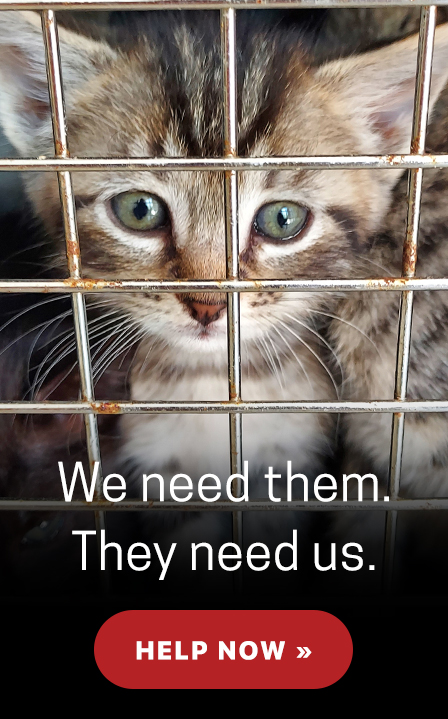In her new book Mission Metamorphosis, American Humane’s president and CEO Dr. Robin Ganzert tells the story of her tenure at American Humane and offers insightful, actionable advice for nonprofit leadership. A recurring theme in the book is how to cultivate a positive, productive workplace culture.
Step One: Identify Negativity
The goal of a non-profit is to deliver on its mission and the only way it can do that is by leveraging the work of engaged, hardworking employees and volunteers. An office staffed with pessimists and ne’er-do-wells will not be able to improve the lives of its constituencies. Negativity is contagious and can spread quickly through an organization, infecting not only employees but programs as well. For non-profits, negativity can manifest as program stagnation, where nothing seems to be accomplished and goals are not met.
While negativity is not always intentional, it is always detrimental. To get an idea of the pulse in your organization, Dr. Ganzert encourages nonprofit leaders to use employee satisfaction surveys to gauge the overall mood and temperament of employees. Additionally, leaders can regularly hold town hall meetings where everyone is present and anyone can speak their mind.
Step Two: Encourage Workplace Bonding
One of the things that Dr. Ganzert helped implement at American Humane to foster a sense of community is called Team Humane – an internal group of employees who organize birthday celebrations, lunches and team-building events for employees. The better the relationships between employees, the rationale goes, the better the programmatic output from the organization as a whole.
Beyond formal events, leaders should encourage employees to get out of their offices and spend time together, getting to know each other. In the time of coronavirus, this requires some tinkering, such as regularly hosting virtual coffee chats and giving people time to reflect away from work and their computers.
Step Three: Leverage the Power of Positivity
Organizations will easily reap the benefits of a cross-departmental culture that connects individuals on a personal level. For example, when the American Humane rescue team is deployed to rescue and care for animals, they can easily and quickly communicate with the accounting department to effectively allocate resources. Having people on a first name basis oils the cogs and, in our circumstances, means that American Humane can more effectively get food, medicine and other materials to animals in need during a time of crisis.
By promoting a positive, hardworking culture, and the healthy inter-office relationships that ensue, all leaders can set the tone for excellent work.
Easily digestible lessons on leadership, like this summary of the section on culture, abound in Mission Metamorphosis, which is available now. Proceeds from book sales will go back to American Humane, in helping to further its critical work to protect animals around the world, including saving, sheltering, and improving the lives of some one billion animals each year. Mission Metamorphosis is published through Fast Company Press and available through Amazon, Barnes & Noble, Books-A-Million or your local bookstore.


